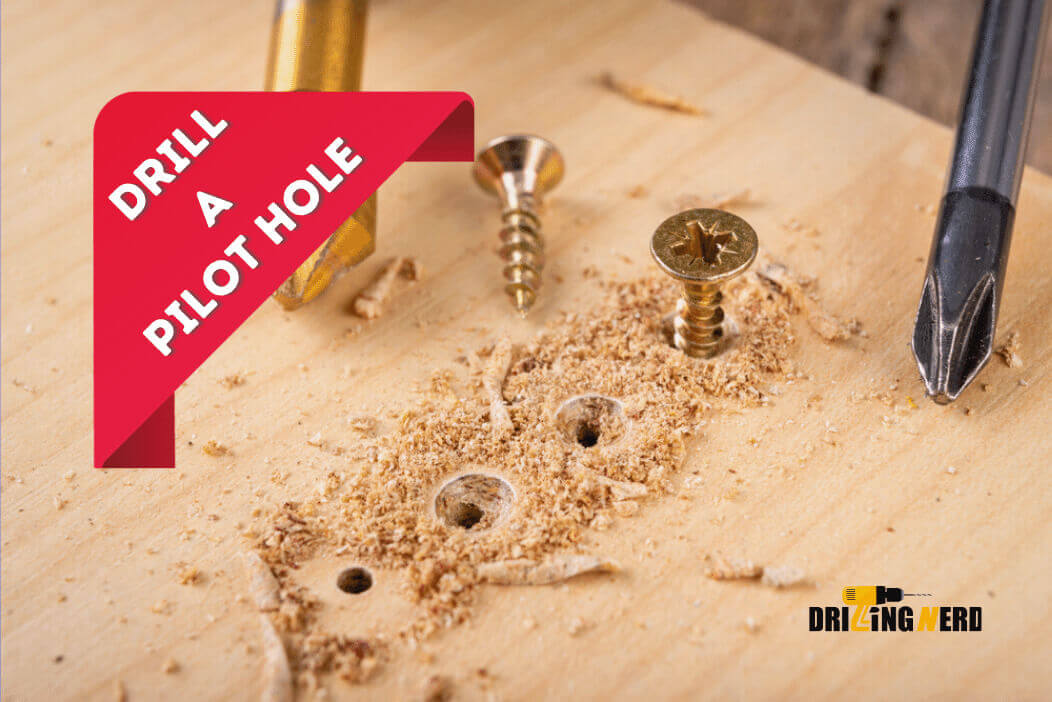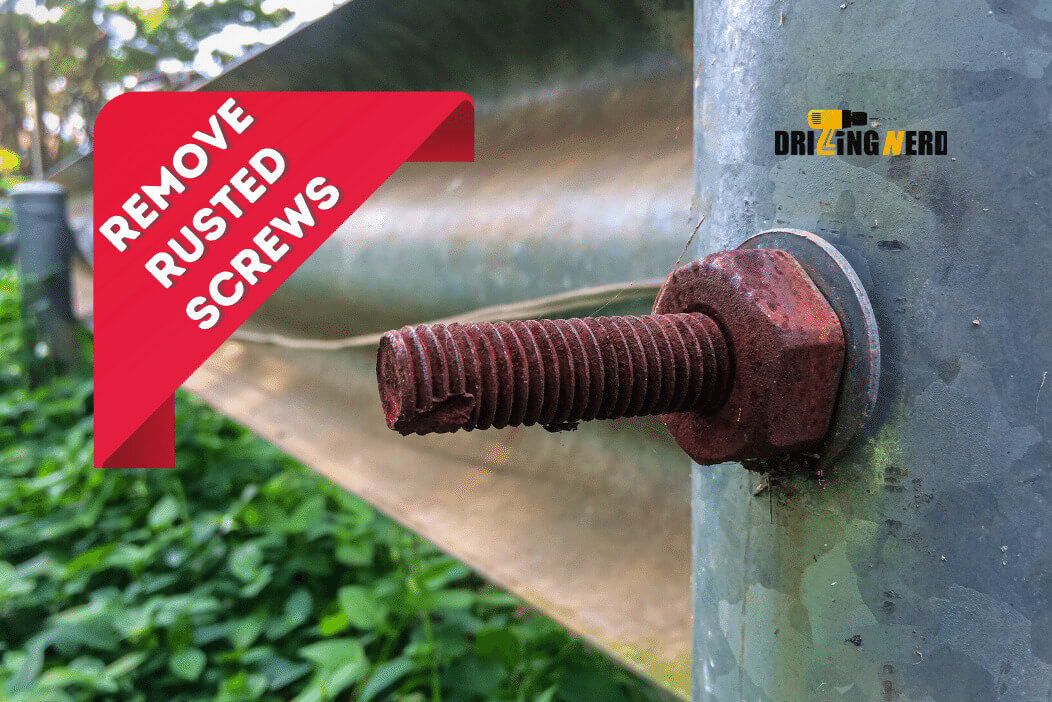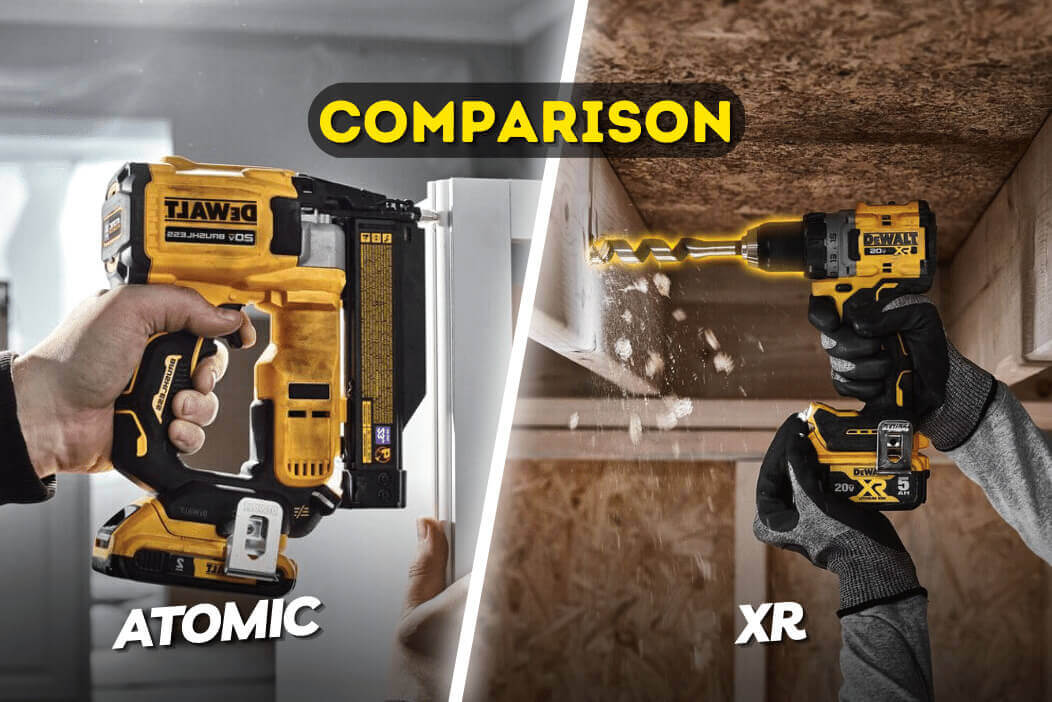Choosing the best drill bit for drilling purposes is essential; two types of drills influence the market: cobalt and carbide drill bits.
Which one should you select? It depends on what type of material you’re drilling into and how hard it is.
In this blog post, we’ll discuss Cobalt vs. Carbide drill bit: which is effective? And which type of drill bit is better at drilling rigid metal for best results.
As we know, carbide drills are more efficient, whereas cobalt drills are durable, but more is needed to decide which would be perfect. So, read on to learn more about these two popular drill bits and find out which works best for your needs.
Difference between Cobalt and Carbide:
Cobalt:
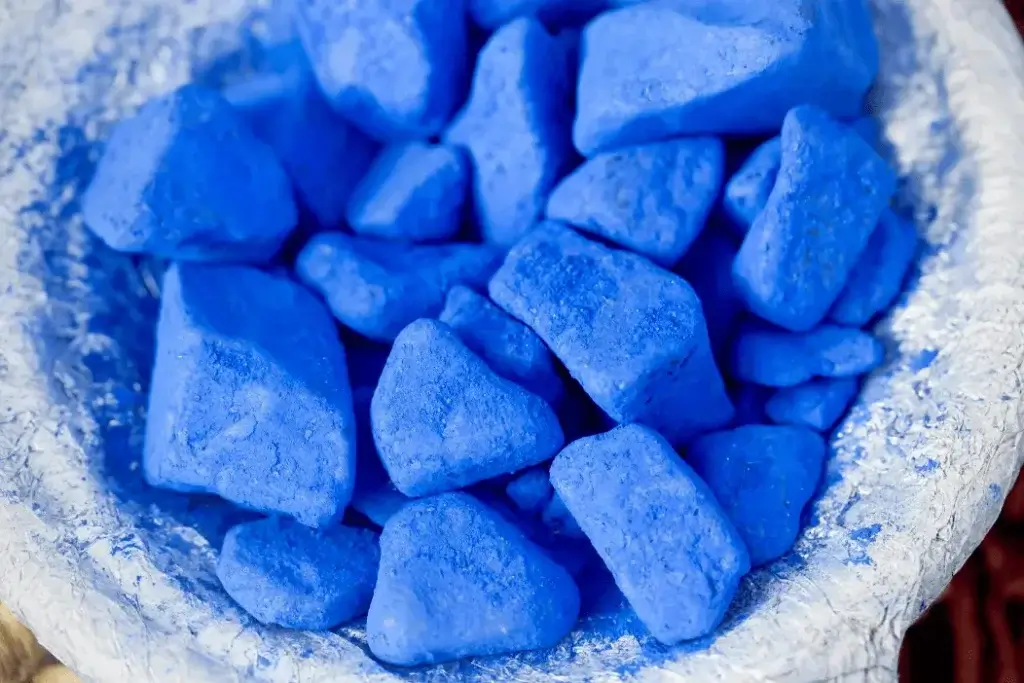
Cobalt is the chemical element represented with the symbol CO. Atomic number is 27, and it requires more energy than other metals when engraved from its ores.
Cobalt is produced by compounded shiny silver metal. It has high electrochemical power, most of the time used in batteries.
Mainly it is also used in drill bits. Cobalt drill bits are the best bit with more qualities.
Carbide:

Carbide is formed when carbon is combined with other elements in a highly high-temperature environment. Tungsten carbide is the most standard carbide created by combining tungsten metal and carbon. This reaction makes a tough compound generally used in cutting tools such as drill bits and hard-wearing materials.
Cobalt Vs. Carbide:
| COBALT | CARBIDE |
|---|---|
| Cobalt is a chemical element. | Combination of carbon and other elements |
| Shiny silver meal | Tough compound |
| It is used in batteries. | Also used in making jewelry for industrial covering. |
What is a Cobalt Drill Bit?
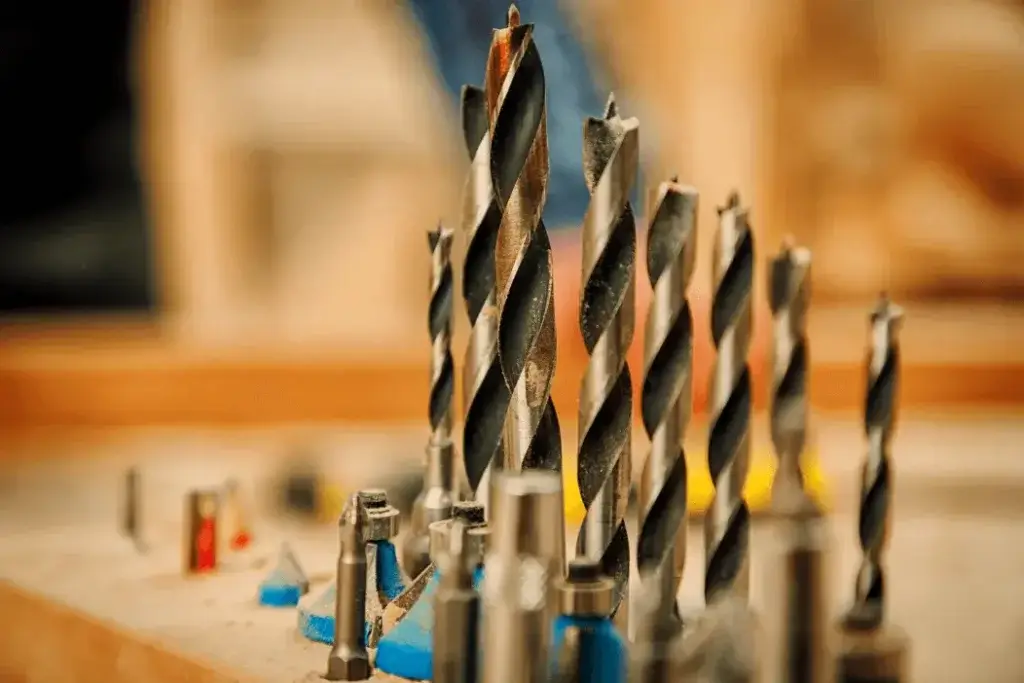
The cobalt drill bit comprises 5-8% of cobalt HSS high-speed steel, which increases the drill bit’s wear and ensures its durability.
Cobalt drill bits are used in more rigid materials like cast iron, and stainless steel is also suitable for drilling through tough metals such as aluminum and brass because they are used at high temperatures. Reviewing some people, it is the best drill bit for metal.
Moreover, it can use to cut through tough metals. Like, bronze, cast iron, stainless steel, and titanium. This allows it to be refined without overlooking the bit’s cutting quality.
Uses of Cobalt Drill Bit:
- It is possible to use cobalt drill bits on more rigid materials, like cast iron and stainless steel.
- Additionally, they can drill through tough metals such as aluminum and brass.
- It may be used for drilling heavy metals.
- Moreover, it can use to cut through tough metals. Like, bronze, cast iron, stainless steel, and titanium.
How To Use Cobalt Drill Bits?
Cobalt drill bits are composed of more hard metal than ordinary bits, so they stay keen and can drill through more hard materials. While using, it is vital to have a light touch on it and keep it lubricated with water and oil to stop overheating. Most of the time, peoples use cobalt drill bits on stainless steel, cast iron, titanium, and other hard metals.
Pros:
- The cobalt drill bit can bear more temperatures than the less expensive bright HSS and quality drill bits. They can be easily re-honed.
- The points in them are self-centered. Their lower cost equals the extra cost of grinding on a self-centering point. This reduces the cycle time a considerable time.
- It is easy to cut both soft and hard materials.
- For drilling, wood, as well as metal cobalt drill, can be used.
- These drills are light on the pocket and very frequently available.
Cons:
- Cobalt drill bits only last for a short time compared to carbide drill bits. In a production environment, they should be resharpened approximately every 100 holes. Moreover, they can’t work at the same speed that carbide drilling bits can. They are far less speedy than the carbide ones.
- Cobalt drill bits can easily break as they are pretty complex. Drilling rigid objects lead to molding and other damage.
- Drilling outside of the specified temperature can also cause damage.
What is a Carbide Drill Bit?

Carbide drill bits are composed of carbon and tungsten carbide, which boost heavy metal cutting speed and provide a durable tool for cutting borders. They are competent in high-speed drilling and are used on fiber-glass reinforced plastics and hard, all pure heavy metals.
Carbide is the most complex and rigid drill bit today and gives an impressive finish. Carbide drill bits are not acceptable for hand tools, such as drills with no cord but are generally ideal for high-production drilling.
Titanium Vs. Carbide Drill Bits:

Cost:
Titanium bit is cheaper than carbide. Mainly you can get titanium for just $8 price. However, carbide is more expensive than a titanium-coated drill bit.
Constitution:
An enhancement is also available from titanium nitride to titanium aluminum nitride, which increases the tool’s duration. The exciting thing is that the titanium drill bit is not made of titanium if we remove the coating.
Hardness:
Carbide is a lot sharp than titanium. Titanium is in the 6th position on the Mohs scale of mineral hardness. However, carbide got 9. For the hardness of a material, you have not allowed using carbide in hand drills. Even titanium-coated High-Speed Steel is dull than carbide-tipped steel.
Scrape-Resistance:
Carbide is more scrape-resistant because of its sharpness. Scraping carbide is only so safe with diamond. So, when we talk about grinding resistance, then titanium is remarkable.
Break-Resistance:
When compared to titanium, carbide has a lower resistance to breaking. Because of its sharpness, a carbide drill bit can be readily broken by striking it against a hard surface. Titanium is the strongest material available for hand tools.
Heaviness:
The density and mass of carbide are well-known to be high. It’s a lot heavier than steel—two times as much, in fact. A titanium-coated steel bit is unquestionably lighter than a carbide bit since titanium is a very light metal.
Uses of Carbide Drill Bit:
- Cobalt drill bits are used for soft materials, while carbide drill bits are used for more rigid materials.
- It can be used for multiple purposes, including drilling through metal and concrete.
- Therefore, it can be used for drilling the most rigid materials.
How To Use Carbide Drill Bits?
Firstly, we are looking into the quality of the carbide drill bits when we begin to use them. If quality could be better, it reduces carbide’s service life. Quality carbide drill bits are more efficient with more service life. We also need to focus on speed and force lies on carbide because more rate and pressure shorten their service life. So, when using a carbide drill bit, we need to clean it on time and put efficient lubricating oil to increase its service life.
Pros:
- These drills can drill for a longer time before needing resharpening.
- A minimum of 1500-2000 holes are drilled before needing resharpening.
- They are stiffer, more complex, and even more resistant to heat, making them withstand more wear and tear.
- In addition, they can work faster, improving their cycle time and thus reducing the manufacturing speed.
- The rigid steel of the drill eliminates the need for peck drilling.
- The toughness of the drill also helps in drilling the coolant through holes which helps in reducing wear and tear, making the exercise more effective and efficient.
Cons:
- These drills are relatively more expensive than cobalt drills.
- Thus, they are only affordable to some.
- Due to their toughness, they are challenging to resharpen.
- Once after prolonged use after they get unsharpened, they might need complete replacement.
Comparison Between Cobalt and Carbide drill bit:
| Area | Cobalt | Carbide |
|---|---|---|
| Made For | Steel alloy with 5-8% cobalt | Tungsten Cable |
| Used For | Hardened materials like stainless steel, bronze, and titanium | Most complex materials like stones and concrete |
| Resharpen | Yes | Yes |
| Durability | Yes | Yes |
| Heat Resistance | Cheaper than carbide, expensive than high stain steel | Expensive |
Tips for Choosing the Right Drill:
To choose a drill, you need to consider a few things:
- First thing that needs to be taken care of is the depth and diameter of the hole
- Secondly, the material that is to be drilled.
- Third, the power of the drill has to be kept in mind
- Moreover, the battery voltage of the drill has to be taken care of as well.
Frequently Asked Questions:
Bottom Line:
The first and foremost thing is the budget. Anything that is light on the pocket is preferred by most. But due to more extraordinary performance, carbide drill bits are selected.
In addition, more features of carbide drill bits make them more useful. Along with four to five times greater speed, its federate is better than the cobalt drill. The coolant through-the-tool feature makes the carbide drilling bits even more unique, as the cobalt drills don’t support that. Also, solid carbide comes in handy when facing high-pressure coolant.It does not mean that the cobalt drills are out, old and obsolete. If you are looking for the most durable drill bits, go for cobalt, which can handle wear and tear but is a bit expensive. In this type of work, it does not make any sense to use carbide drills. Ultimately, it comes down to the kind of work, the cost, and the effectiveness.

